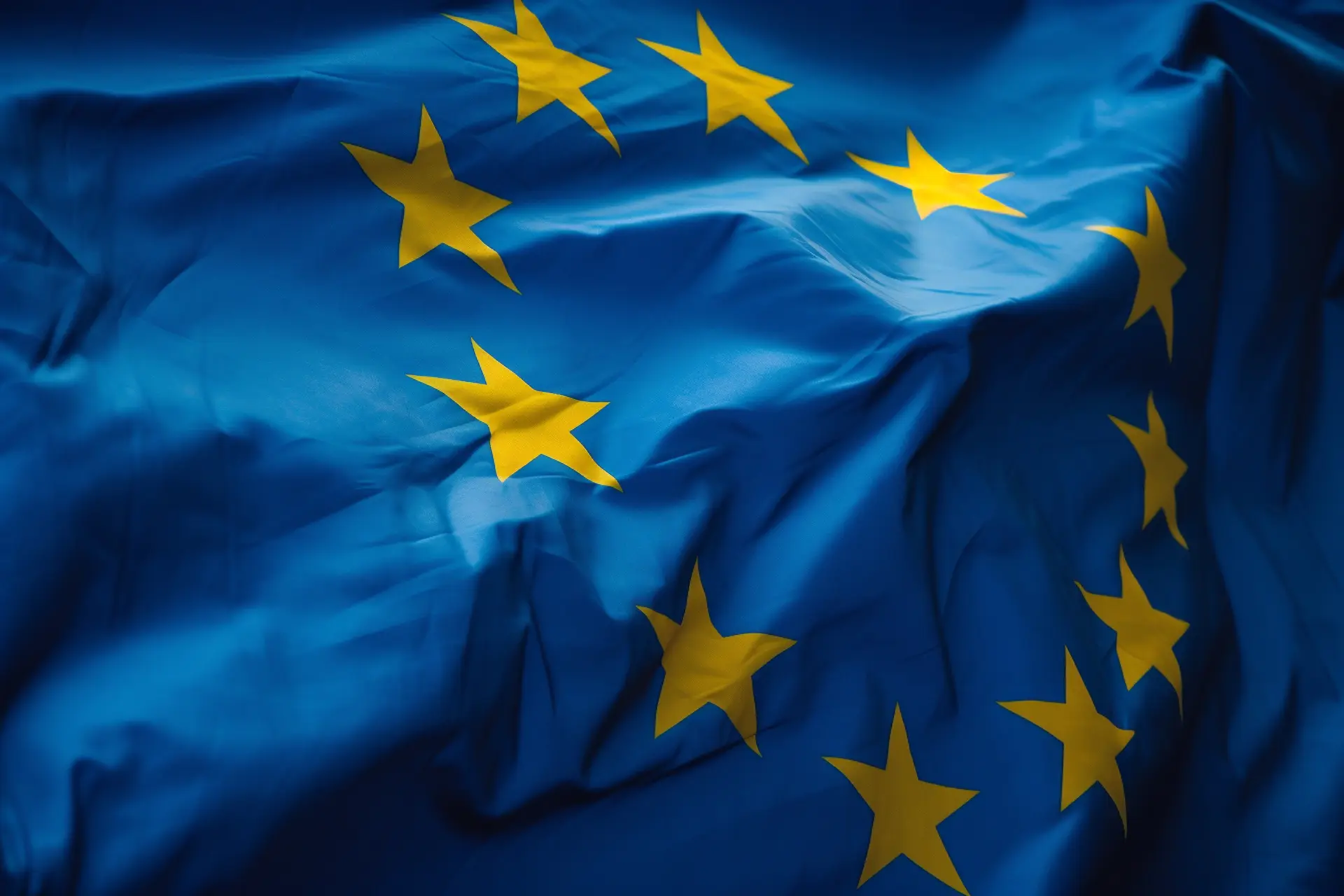The European Commission has announced that five EU member states—France, Spain, Italy, Denmark, and Greece—will begin testing a new white-label age verification application, part of the bloc’s broader effort to safeguard minors from adult entertainment and harmful online content.

The app, designed to be customizable by individual countries, is built on the same technical specifications as the upcoming European Digital Identity Wallet, which is set for EU-wide rollout next year. The pilot initiative allows participating nations to either integrate the solution into existing national apps or deploy it as a standalone tool.
According to the Commission, the app is intended to establish a new privacy-first benchmark for verifying users’ ages online. When operational, users will activate the app to confirm their age through official data—such as date of birth—without sharing excessive personal details with websites or social platforms.
“The EU age verification solution sets a new benchmark for privacy protection in age verification methods,” the Commission said in a statement.
The app will be available for market players, including platforms and third-party services, who wish to adopt or further develop the tool.
This development comes as part of the broader enforcement of the Digital Services Act (DSA), the EU’s sweeping online safety law. The DSA requires digital platforms such as Google, Meta, TikTok, and X (formerly Twitter) to crack down on illegal and harmful content, particularly content that affects minors.
The Commission also published new guidelines on Monday to help platforms comply with the DSA’s child protection rules, including tackling cyberbullying, addictive platform design, and unwanted contact from strangers.
“Platforms have no excuse to be continuing practices that put children at risk,” said EU Tech Chief Henna Virkkunen, reinforcing the bloc’s hardline stance on tech accountability.
France’s participation in the pilot is notable, given its ongoing legal dispute with the European Commission over its national age verification law under the SREN Act, enforced by regulator Arcom. The French law has already prompted Aylo, the parent company of Pornhub, to temporarily block access to its websites in the country in protest of the regulation, before recently restoring access after a court ruling.
France is one of the largest consumers of online adult content in Europe, and any long-term enforcement decisions could reshape digital content access across the bloc.
The EU’s age verification pilot marks the first coordinated attempt at implementing a cross-border digital age control mechanism that respects privacy and could become a standard across Europe. A feature roadmap for the app is expected soon, and technical documentation for developers and webmasters is now available at ageverification.dev.